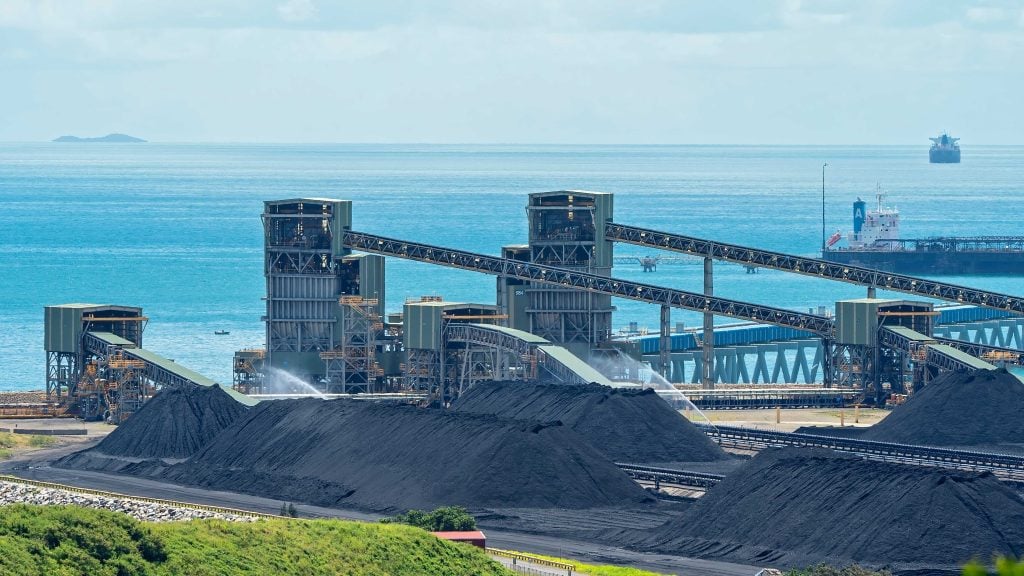
Demand for shipping is benefiting from a global trend in international relations where nations increase trade with allies, a shift known as friend-shoring.
The United Nations Conference on Trade and Development (UNCTAD) painted a bleak outlook for global trade in its June Global Trade update but noted an increase in bilateral trade between countries with similar political values.
Jan Hoffmann, Chief, Trade Logistics Branch, Division on Technology and Logistics, UNCTAD, told ICS Leadership Insights that friend-shoring should be a less alarming concept to shipping than near-shoring.
“We see already today that for a number of commodities the average distance travelled is going up as Europe, for example, sources its energy from other sources than Russia,” said Hoffman.
Both the war in Ukraine and COVID-19 pandemic are examples of drivers of friend-shoring, shifting volumes through sanctions compliance and a desire to limit the impact of supply chain disruption seen in the wake of the pandemic.
“What we see above all are efforts to diversify. In order to reduce dependency on a small number of suppliers or markets, producers search for new clients for their products, but also for a wider range of providers for commodities and inputs,” said Hoffman.
An increase in tonne-miles for tankers due to sanctions on Russia has been well documented, Rico Luman, Senior Economist and Research Lead at ING, told ICS Leadership Insights, but there have also been impacts on dry bulk commodities.
“There have been significant shifts in coal and to a lesser extent iron ore trade patterns across the world, as EU and G7 countries shifted away from Russian commodities. This has been replaced by supplies from countries like Indonesia, Colombia, and the US for coal. On average, trades are sailing longer mileages because of this,” said Luman.
Russia’s termination of the Black Sea Grain Initiative will prevent a rebound in bulker grain shipments this year and, although not the largest of dry bulk markets, weigh on already slumping demand growth, he added.
For the container trades, Hoffman said the current surplus of vessel supply has allowed the market to adjust to changing trade patterns, such as the decline in volumes between the US and China.
Luman agreed that the US imports had shifted to other Asian countries such as Vietnam, Indonesia and India, in some cases requiring a shift to deploying smaller vessels, but with a minimal impact on tonne-miles.
“In the medium to long-term, I do see a danger of underinvestment in different shipping markets. As there is a persistent uncertainty about future decarbonisation pathways, shipowners wait longer than they would usually do before ordering new ships. This delay, more than a slight change in tonne-mile demand, is what could lead to a shortage of ship carrying supply in coming decades,” said Hoffman.
Related content

Uncertainty for North Sea energy island construction

Pankaj Khanna: Staying nimble amid growth and change

International carbon collaboration could reshape shipping markets
